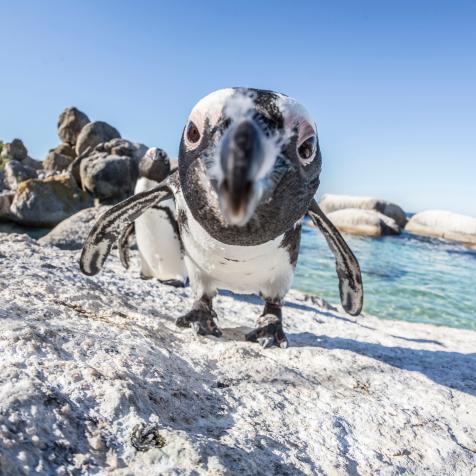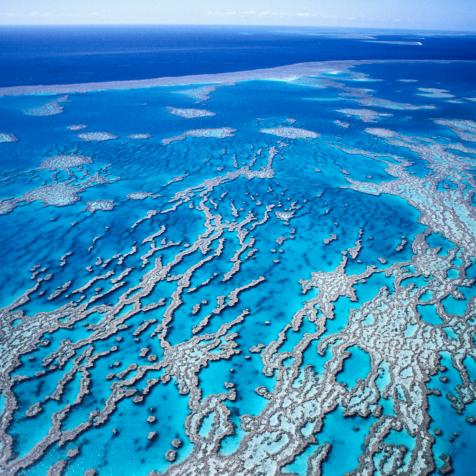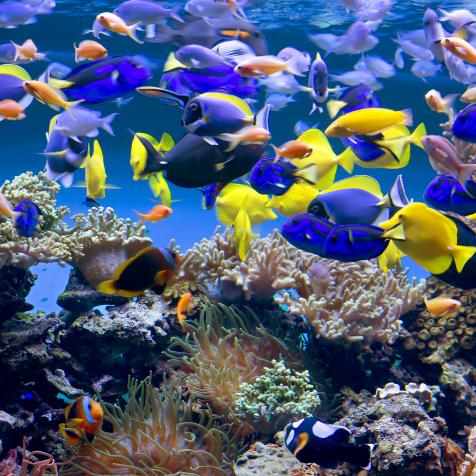
Constantine Johnny
How COVID-19 Could Be Good News For Endangered Wildlife
Trafficking of wild animals around the world may be coming to a close, thanks to the novel coronavirus pandemic that is sweeping the globe.
After it emerged that the COVID-19 virus may have spread from a wet market, scientists also found trafficked pangolins can carry coronaviruses that closely resemble the pandemic strain. According to a paper published in the journal, Nature, pangolins, along with bats, are the only known mammals to be infected by the closest relatives of the coronavirus.
Although the pangolins have not been linked to the current pandemic, there are now calls for cracking down on the animal trafficking trade.
“If there is one clear message from this global crisis, it’s that the sale and consumption of pangolins in [live animal] markets should be strictly prohibited to avoid future pandemics,” says Paul Thomson, a conservation biologist. After the virus originated in China, and swiftly spread to almost every country in the world, China announced an immediate ban on all wildlife trade and consumption in February.

Fabian von Poser
Pangolins are mammals of the order Pholidota.
Soon after, the city of Shenzhen announced it was banning the consumption of cats and dogs – as way to help stop the spread of another coronavirus, and as part of measures to stop wildlife consumption. The Wildlife Conservation Society is strongly advocating for the ban of live animal markets that trade in wildlife, as well as the end to illegal trafficking of wild animals.

NurPhoto
A wet market closed for disinfection during the movement control order (MCO) to combat the Covid-19 outbreak in Kuala Lumpur March 25, 2020
“Not only will this help prevent the spread of disease, it will address one of the major drivers of species extinction,” the society says.
“It’s easy to finger point, but it’s not just happening in China,” Professor Andrew Cunningham, deputy director of science at the Zoological Society of London told the BBC. “It’s happening in many other countries and even in the western world. We like to have exotic pets and many of those are wild caught, and we ought to be putting our own house in order too.”
In Europe, members of the European Parliament are demanding a stronger clampdown on the trading of exotic animals in the EU. In the European Union, illegal products such as animal skins, ivory, sea horses, and legal wildlife, such as bats, monkeys, and reptiles are traded in an industry thought to be worth billions of euros every year.
“It might as well have happened within the European Union. The fact that it has not happened is almost a miracle," Raquel García, head of public policy at the NGO Animal Advocacy and Protection (AAP), told Politico.
And in Southeast Asia, governments are vowing to strengthen cooperation between countries to curb the illegal wildlife trade.
“What needs to be enhanced is more collaboration to address wildlife trafficking at a multi-country or at the regional level,” Theresa Mundita Lim of the ASEAN Centre for Biodiversity (ACB), told Mongabay. “The region is ready to step up efforts to curb illegal wildlife trade.”
With one environmental expert going so far as to describe the coronavirus as a “blessing” for pangolins, it eventually may prove to be a godsend for many more endangered wildlife, who could see stricter laws and harsher punishments on both the illegal, and legitimate, trading industries.


















